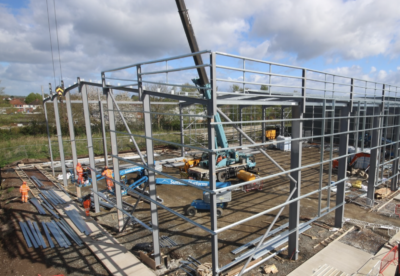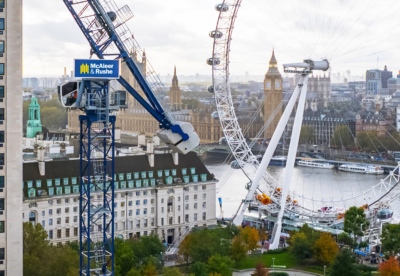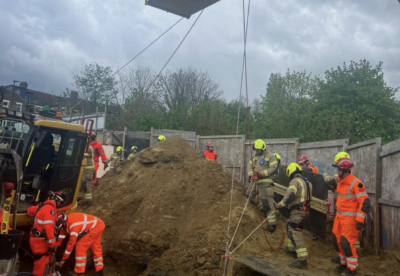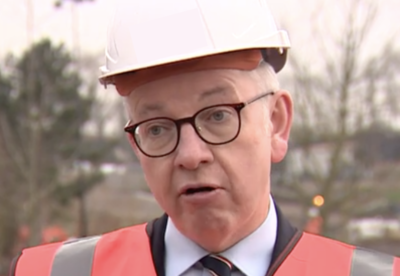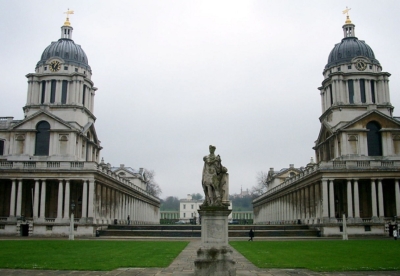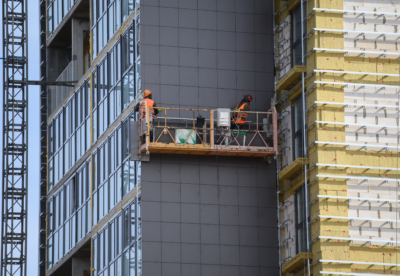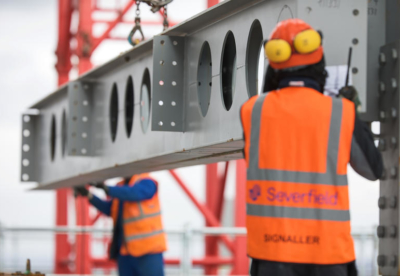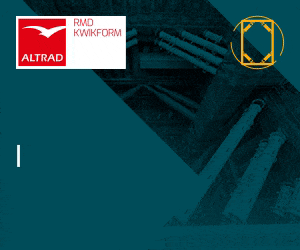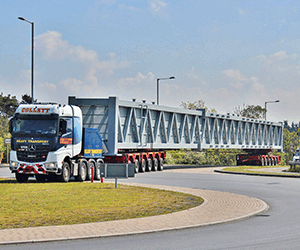The institution’s State of the Nation report calls for an end to the “short-term” approach to road maintenance investment and a five-year budget for the Highways Agency to end “stop-start” annual funding.
The report also demands a shake-up of the way transport investment decisions are made including:
· The creation of an Independent Infrastructure Commission – operating at arm’s length from Government – to inform the development and implementation of a transport strategy and ensure it survives multiple political cycles.
· The extension of devolved powers on transport – through the creation of more powerful, fully integrated transport authorities in city regions – so decisions on local roads, rail, bus networks, ticketing and fares can be made by those with knowledge and understanding of their area. Transport for London provides a good example of how this could be done.
· The creation of a special Transport Futures Board – to provide solutions on emerging politically sensitive and complex issues – starting with how we will pay for travel in the future, following on-going debate around the idea of road user charging.
The ICE is demanding “immediate action” to improve the condition of our roads and end the short term approach to funding maintenance.
It recommends a five year budget for the Highways Agency and joint central and local government programme to finally clear the maintenance backlog including filling millions of pot holes
The report also calls for a shift from reactive “quick fix” maintenance to planned, more cost effective regimes.
ICE State of the Nation: Transport panel chair, Steven Hayter, said: “The UK’s ability to generate and sustain economic growth depends on the effectiveness of our transport infrastructure.
“Government policy affects every aspect of this, yet despite progress in the rail sector and some broad transport goals set out in the National Infrastructure Plan, the strategy and objectives remain unclear.
“In the last five years many of the most important issues – from aviation capacity through to severe pothole damage – are still unresolved.
“The need for a coherent, long term transport strategy – particularly for England – is becoming urgent.
“Without one, investments and improvements to the networks will continue to be delayed, uncertain, expensive to deliver and inefficient. We are confident Government recognises this, but it is time to translate intent into action.
“Effective implementation of a strategy is also key and this demands political stability and a consistent vision.
“The mismatch between the long term nature of strategic infrastructure planning and short term political cycles has a negative influence, especially within transport.
“The decision making framework needs a “shake up” if we are to see the transport infrastructure we need actually get delivered and within reasonable timescales.”















